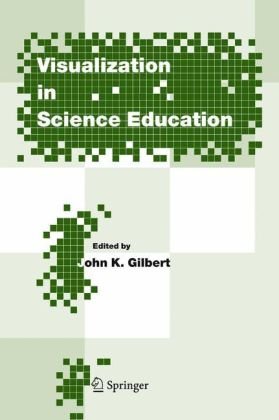

Most ebook files are in PDF format, so you can easily read them using various software such as Foxit Reader or directly on the Google Chrome browser.
Some ebook files are released by publishers in other formats such as .awz, .mobi, .epub, .fb2, etc. You may need to install specific software to read these formats on mobile/PC, such as Calibre.
Please read the tutorial at this link: https://ebookbell.com/faq
We offer FREE conversion to the popular formats you request; however, this may take some time. Therefore, right after payment, please email us, and we will try to provide the service as quickly as possible.
For some exceptional file formats or broken links (if any), please refrain from opening any disputes. Instead, email us first, and we will try to assist within a maximum of 6 hours.
EbookBell Team

4.8
34 reviewsVisualization, meaning both the perception of an object that is seen or touched and the mental imagery that is the product of that perception, is believed to be a major strategy in all thought. It is particularly important in science, which seeks causal explanations for phenomena in the world-as-experienced. Visualization must therefore play a major role in science education. This book addresses key issues concerning visualization in the teaching and learning of science at any level in educational systems.
Visualization in Science Education draws on the insights from cognitive psychology, science, and education, by experts from Australia, Israel, Slovenia, UK, and USA. It unites these with the practice of science education, particularly the ever-increasing use of computer-managed modelling packages, especially in chemistry. The first section explores the significance and intellectual standing of visualization. The second section shows how the skills of visualization have been developed practically in science education. This is followed by accounts of how the educational value of visualization has been integrated into university courses in physics, genomics, and geology. The fourth section documents experimental work on the classroom assessment of visualization. An endpiece summarises some of the research and development needed if the contribution of this set of universal skills is to be fully exploited at all levels and in all science subjects.